- The Awards
- History
AN POST BOOKSHOP OF THE YEAR
Read about the newest award to be added to the An Post Irish Book Awards
- Media Centre
- Resources
Menu
Read about the newest award to be added to the An Post Irish Book Awards
The violent histories, oppression of our people, dark underbellies of small-town communities, and religious abuse are all topics that dapple Irish literature. Rooting through the An Post Irish Book Awards archives, we bring you eight brilliant works of fiction and non-fiction that tackle the loss, pain, and shadows of our history with beauty and profundity.
A tale of Ireland’s evolution and a rich portrait of personal change, Fintan O’Toole weaves a vast tapestry of Irish life and modern history, covering politics, economics, global relations, the Troubles, gender, music, and more. Reckoning with a changing Irish identity, O’Toole profoundly charts a shift to a more liberal society, capturing the dwindling power of the Catholic Church.
We Don't Know Ourselves is a very personal vision of recent Irish history from the year of O'Toole's birth, 1958, down to the present. Ireland has changed almost out of recognition during those decades, and Fintan O'Toole's life coincides with that arc of transformation. The book is a brilliant interweaving of memories (though this is emphatically not a memoir) and engrossing social and historical narrative.
This was the era of Eamon de Valera, Jack Lynch, Charles Haughey and John Charles McQuaid, of sectarian civil war in the North and the Pope's triumphant visit in 1979, but also of those who began to speak out against the ruling consensus - feminists, advocates for the rights of children, gay men and women coming out of the shadows. We Don't Know Ourselves is an essential book for anyone who wishes to understand modern Ireland.
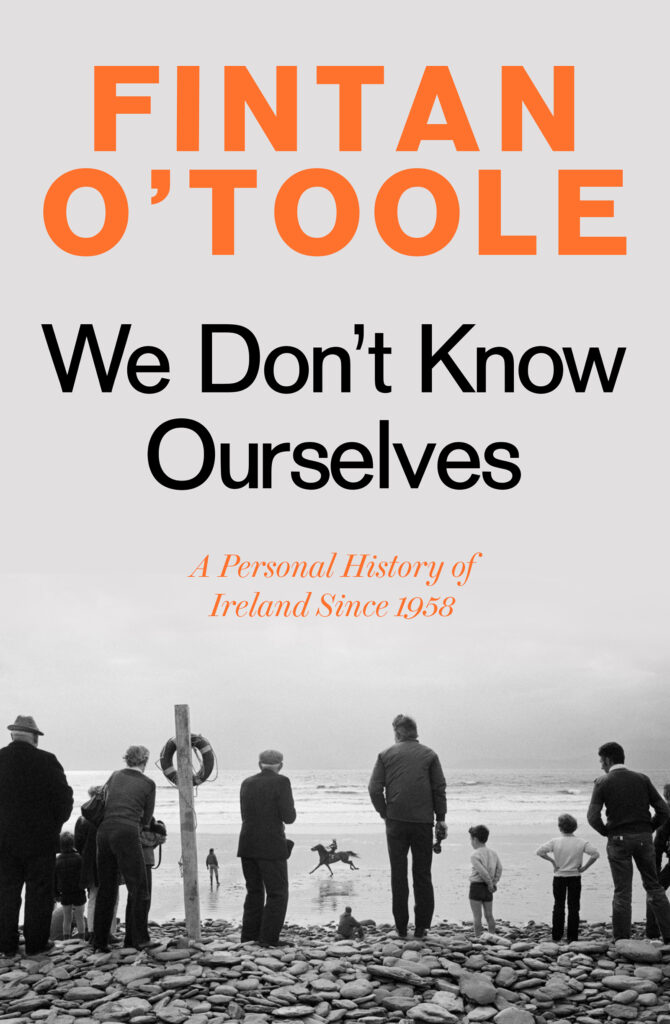
We Don’t Know Ourselves by Fintan O’Toole won An Post Book of the Year and Non-Fiction Book of the Year in 2021.
A tribute to those innocent children who were victims of the Troubles, this is a deeply moving portrait of the lives lost during this era. Made up of interviews and extensive research, this is a heartfelt elegy to the children of the Troubles.
On 15th August 1969, nine-year-old Patrick Rooney became the first child killed as a result of the 'Troubles' - one of 186 children who would die in the conflict in Northern Ireland. Fifty years on, these young lives are honoured in a memorable book that spans a singular era.
From the teenage striker who scored two goals in a Belfast schools cup final, to the aspiring architect who promised to build his mother a house, to the five-year-old girl who wrote in her copy book on the day she died, 'I am a good girl. I talk to God', Children of the Troubles recounts the previously untold story of Northern Ireland's lost children – and those who died in the Republic, the UK and as far afield as West Germany – and the lives that might have been.
Based on original interviews with almost one hundred families, as well as extensive archival research, this unique book includes many children who have never been publicly acknowledged as victims of the Troubles, and draws a compelling social and cultural picture of the era.
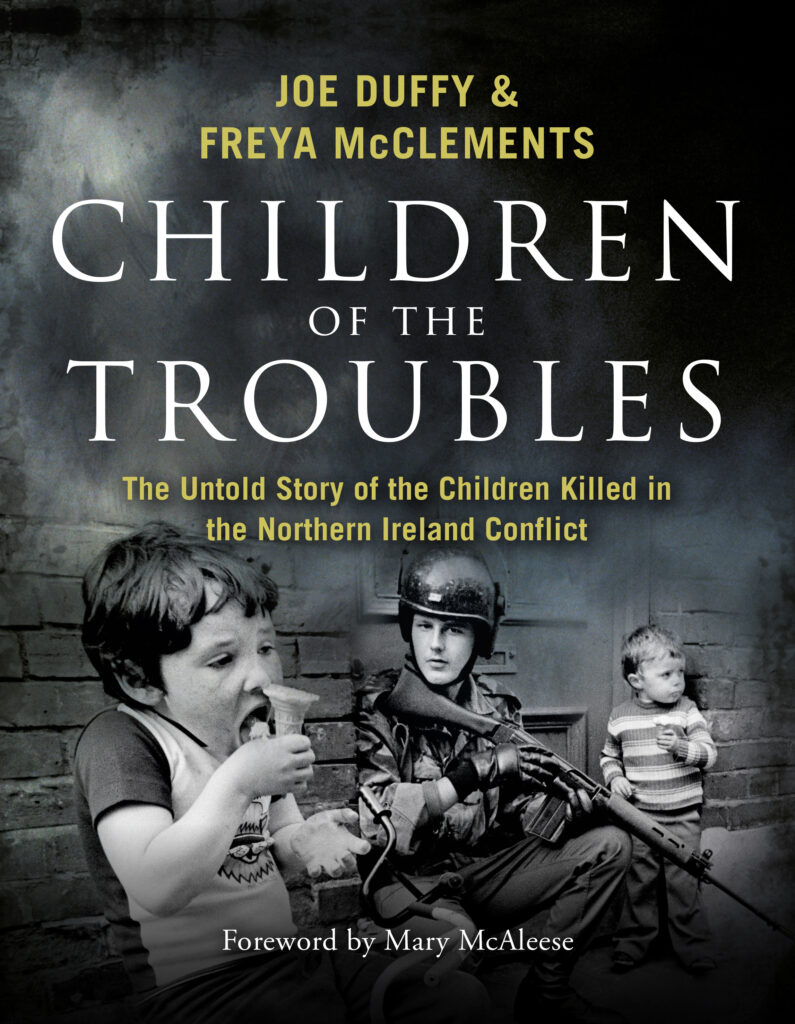
Children of the Troubles by Freya McClements & Joe Duffy won Best Irish Published Book of the Year in 2019.
Razor-sharp, witty, and a rhetorical masterpiece, Anna Burns’ Milkman is a deft depiction of life during the Troubles told via a teenage protagonist’s stream-of-consciousness narrative. Set in an unnamed Northern Irish city, local dialogue is rich and intensely realised, demonstrating divisiveness and political strife in everyday thought and speech - the narrator speaks of ‘the right butter. The wrong butter. The tea of allegiance. The tea of betrayal’. An astute depiction of life at the everyday level during the Troubles.
At the book’s heart, a teenager – whose only means of escape is literature – is slowly ground down by the unwanted attentions and creeping psychopathy of a paramilitary many years her senior. This is the secret state, a place where gossip and hearsay are weaponised methods of control, contained in a novel written with both a sad humour and a certain kind of fury.
Eschewing mention of Belfast and cloaking every character in nameless anonymity, this is contemporary history rewritten as dystopia, where power and fear are wrought by rumour and half-truth. ‘It’s a novel,’ remarked an astute Irish Times, ‘about failing to remember and failing to forget; failing to speak and failing to remain silent.’
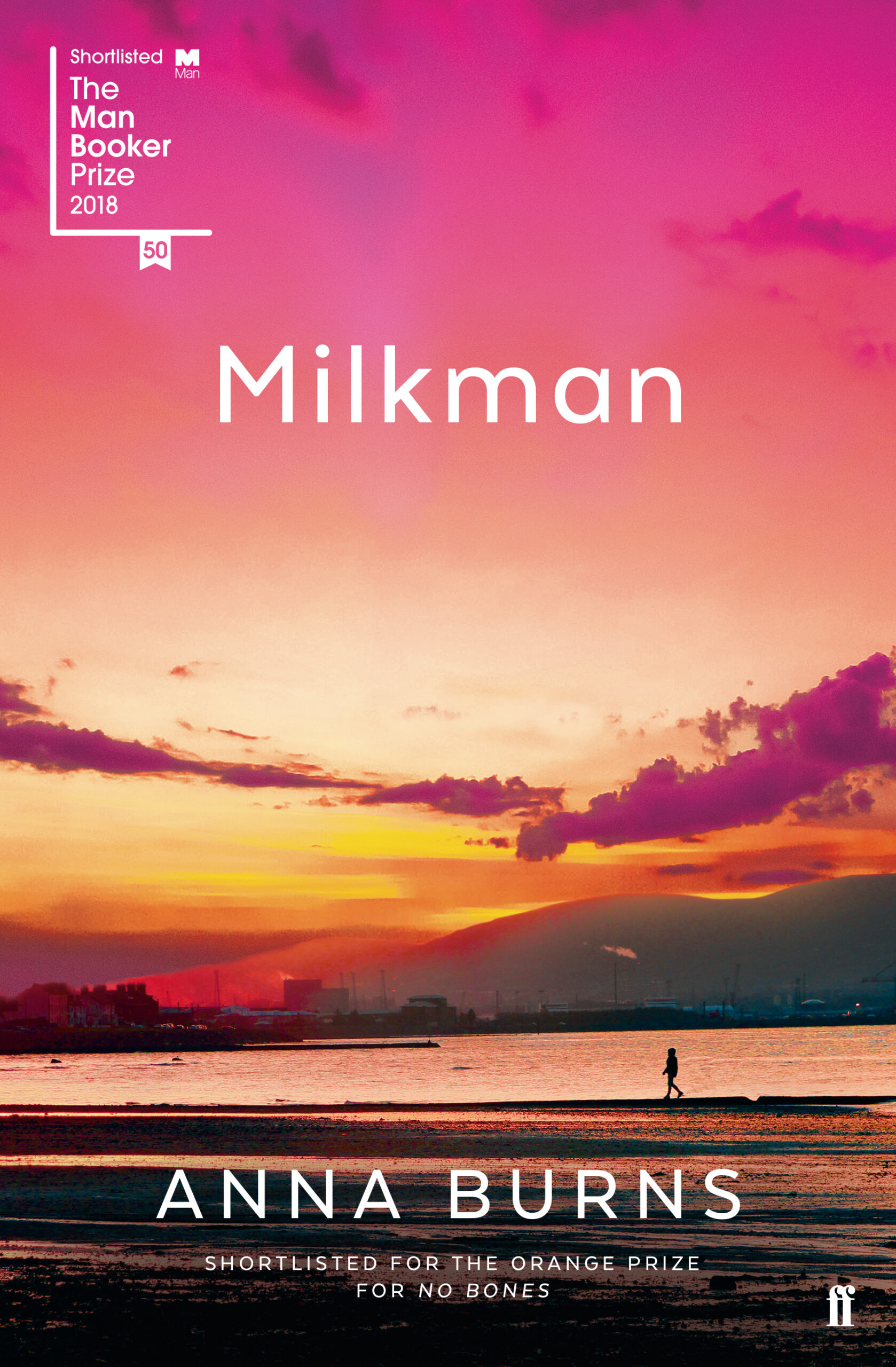
Milkman by Anna Burns was shortlisted for Novel of the Year in 2018.
Claire Keegan has the unparalleled ability to say so much in so few words; this is the mark of a great writer.
Softly and profoundly, beautifully and hauntingly, Keegan’s Small Things Like These explores community complicity surrounding the Magdalene Laundries in a small town in County Wexford. Centring on Bill Burlong who is married with five daughters, during the Christmas of 1985, Keegan explores the guilt we may bear to keep our loved ones and our lives stable. In Keegan’s note on the text regarding the Magdalene Laundries, she writes of them as being ‘run and financed by the Catholic Church in concert with the Irish state’.
It is 1985, in an Irish town. During the weeks leading up to Christmas, Bill Furlong, a coal and timber merchant, faces his busiest season. As he does the rounds, he feels the past rising up to meet him - and encounters the complicit silences of a people controlled by the Church. Small Things Like These is an unforgettable story of hope, quiet heroism and tenderness.
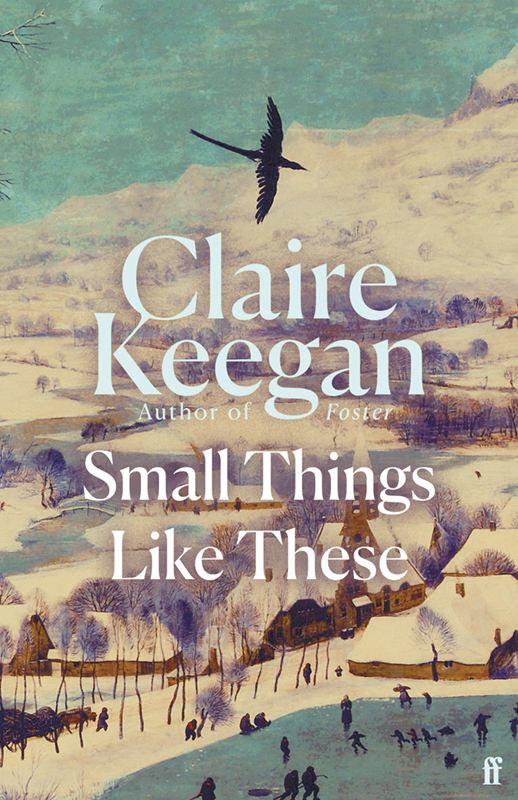
Small Things Like These by Claire Keegan was shortlisted for Novel of the Year in 2021.
The distinguished novel from John Boyne, A History of Loneliness is a searing portrait of a guilty priest, child abuse in the Catholic church, and the cover-up of these crimes. This is a lacerating and difficult read, but a gut-wrenching depiction of willful ignorance and power.
Odran Yates enters Clonliffe Seminary in 1972 after his mother informs him that he has a vocation to the priesthood. He goes in full of ambition and hope, dedicated to his studies and keen to make friends.
Forty years later, Odran’s devotion has been challenged by the revelations that have shattered the Irish people’s faith in the church. He has seen friends stand trial, colleagues jailed, the lives of young parishioners destroyed and has become nervous of venturing out in public for fear of disapproving stares and insulting remarks.
But when a family tragedy opens wounds from his past, he is forced to confront the demons that have raged within a once respected institution and recognise his own complicity in their propagation. A novel about blind dogma and moral courage, and about the dark places where the two can meet.
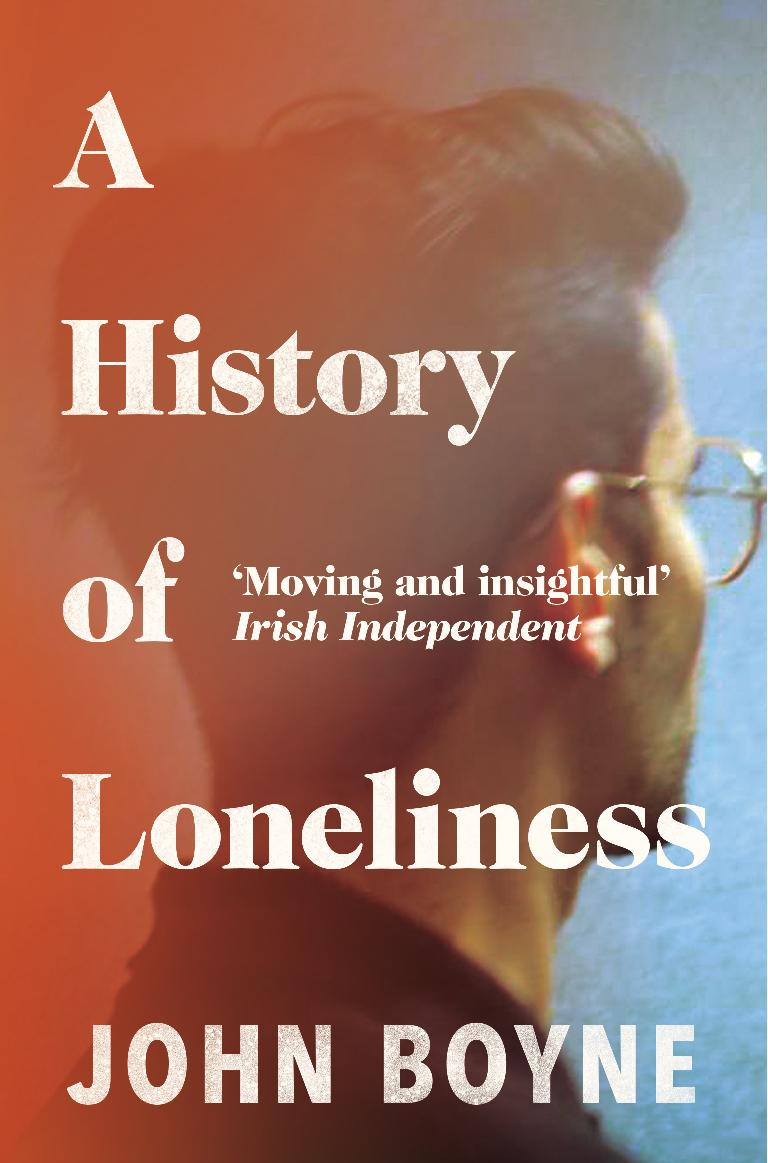
John Boyne won Author of the Year in 2022.
In the fallout of the bank lending that destroyed the Irish economy, ordinary people are dealing with the consequences in Donal Ryan’s polyphonic novel The Spinning Heart. In an Irish town where ghost estates have materialised, the community is left divided, shame abounds, struggles ensue, and violence is dangerously brimming.
In the aftermath of Ireland's financial collapse, dangerous tensions surface in an Irish town. As violence flares, the characters face a battle between public persona and inner desires. Through a chorus of unique voices, each struggling to tell their own kind of truth, a single authentic tale unfolds.
The Spinning Heart speaks for contemporary Ireland like no other novel. Wry, vulnerable, all-too human, it captures the language and spirit of rural Ireland and with uncanny perception, articulates the words and thoughts of a generation. Technically daring and evocative of Patrick McCabe and J.M. Synge, this novel of small-town life is witty, dark and sweetly poignant.
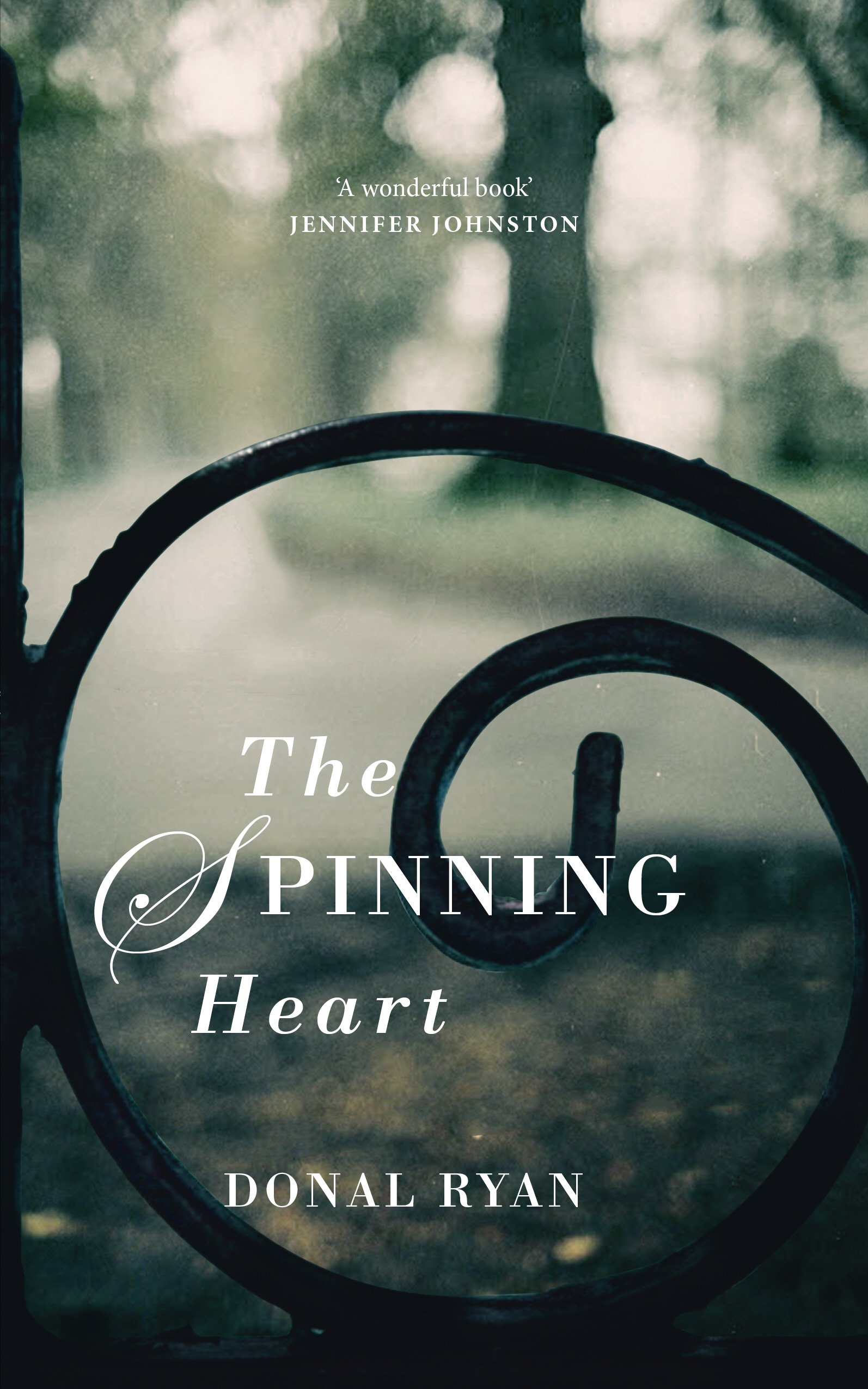
The Spinning Heart by Donal Ryan won Newcomer of the Year in 2012.
Fergal Keane, a prominent war correspondent, returns to his roots in Listowel to explore his ancestors' roles in the War of Independence and the Civil War. Combining history with memoir, this is a personal account of political struggle and war that traverses voices across the generations.
After nearly three decades reporting conflict from all over the world for the BBC, Fergal Keane has gone home to Ireland to tell a story that lies at the root of his fascination with war. It is a family story of war and love, and how the ghosts of the past return to shape the present. Wounds is a powerful memoir about Irish people who found themselves caught up in the revolution that followed the 1916 Rising, and in the pitiless violence of civil war in north Kerry after the British left in 1922.
Many thousands of people took part in the War of Independence and the Civil War that followed. Whatever side they chose, all were changed in some way by the costs of violence. Keane uses the experiences of his ancestral homeland in north Kerry to examine why people will kill for a cause and how the act of killing reverberates through the generations.
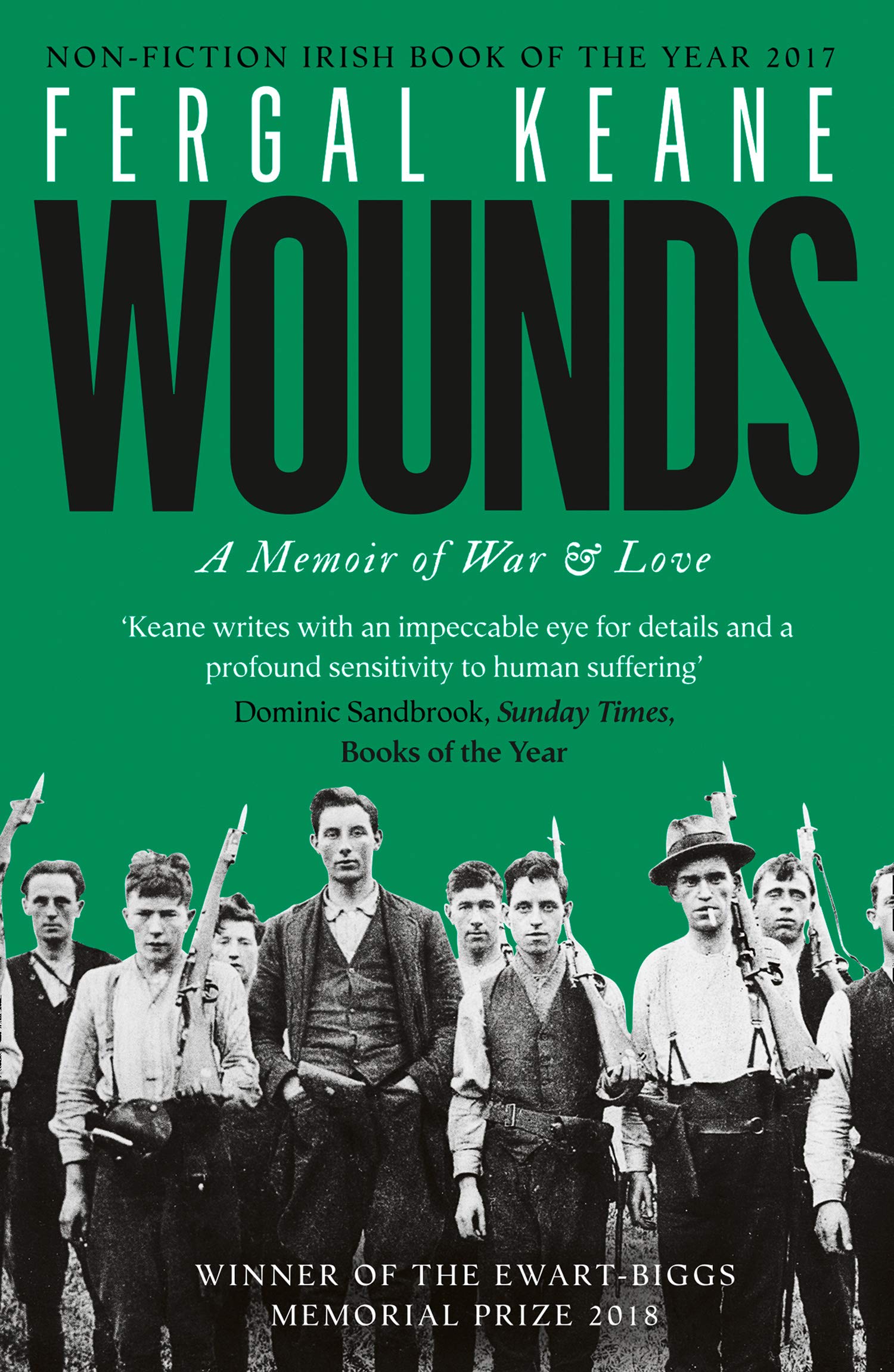
Wounds by Fergal Keane won Non-Fiction Book of the Year in 2017.
Although this book was published before the Irish Book Awards’ time, it has a marked spot on this list. The Silent People is the second in Walter Macken’s classic trilogy of historical novels: Seek the Fair Land, The Silent People and The Scorching Wind. Capturing the decades before the disastrous famine, Macken depicts the degradation and corruption experienced at the hands of landlords, and the oppression of the Catholic church by Protestant powers. Yet, the hope of freedom remains and, in the midst of loss, beauty can be found.
In Ireland in 1826 millions knew only famine, oppression and degradation. The landlords ground down the tenant farmers; tithe wars and injustice were rife.
But Dualta Duane battles against tyranny, struggling to survive the evils of hunger, poverty and disease. Courageous and fortified by an enduring love, Duane's unconquerable spirit personifies the love of freedom that raged in the soul of Ireland.
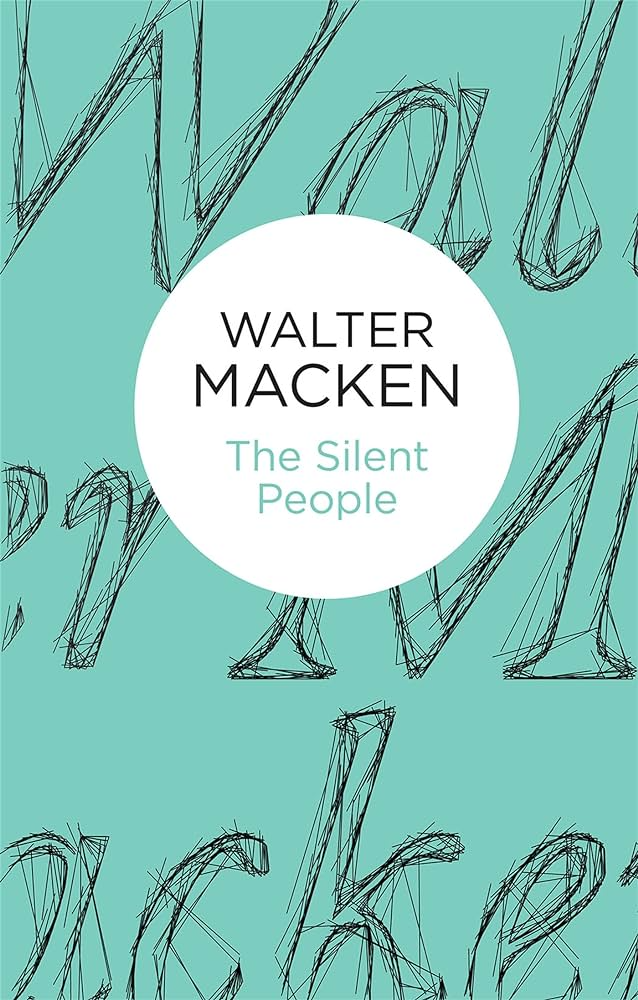
Explore all our previous winners here.
| Cookie | Duration | Description |
|---|---|---|
| cookielawinfo-checkbox-analytics | 11 months | This cookie is set by GDPR Cookie Consent plugin. The cookie is used to store the user consent for the cookies in the category "Analytics". |
| cookielawinfo-checkbox-functional | 11 months | The cookie is set by GDPR cookie consent to record the user consent for the cookies in the category "Functional". |
| cookielawinfo-checkbox-necessary | 11 months | This cookie is set by GDPR Cookie Consent plugin. The cookies is used to store the user consent for the cookies in the category "Necessary". |
| cookielawinfo-checkbox-others | 11 months | This cookie is set by GDPR Cookie Consent plugin. The cookie is used to store the user consent for the cookies in the category "Other. |
| cookielawinfo-checkbox-performance | 11 months | This cookie is set by GDPR Cookie Consent plugin. The cookie is used to store the user consent for the cookies in the category "Performance". |
| viewed_cookie_policy | 11 months | The cookie is set by the GDPR Cookie Consent plugin and is used to store whether or not user has consented to the use of cookies. It does not store any personal data. |